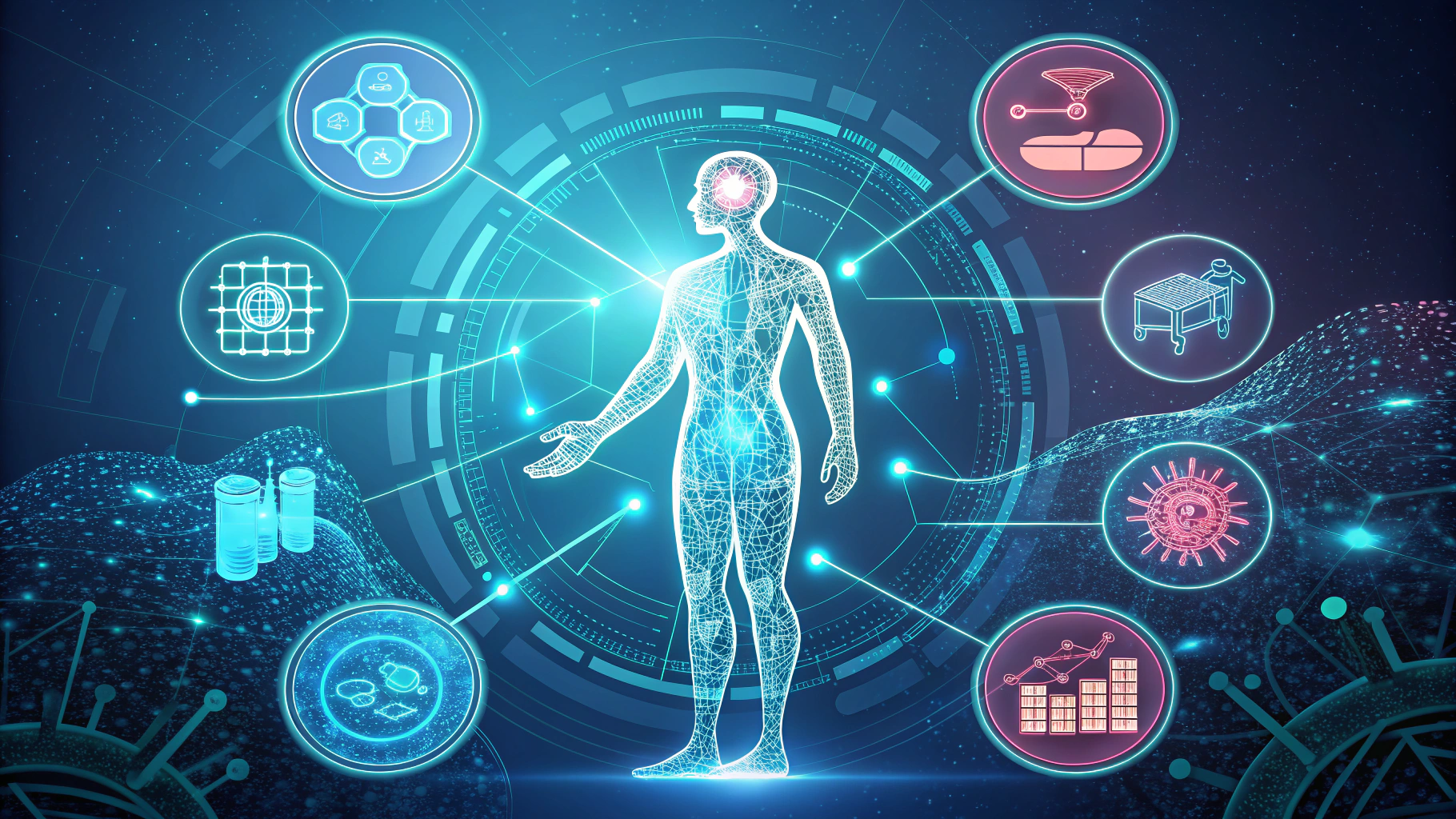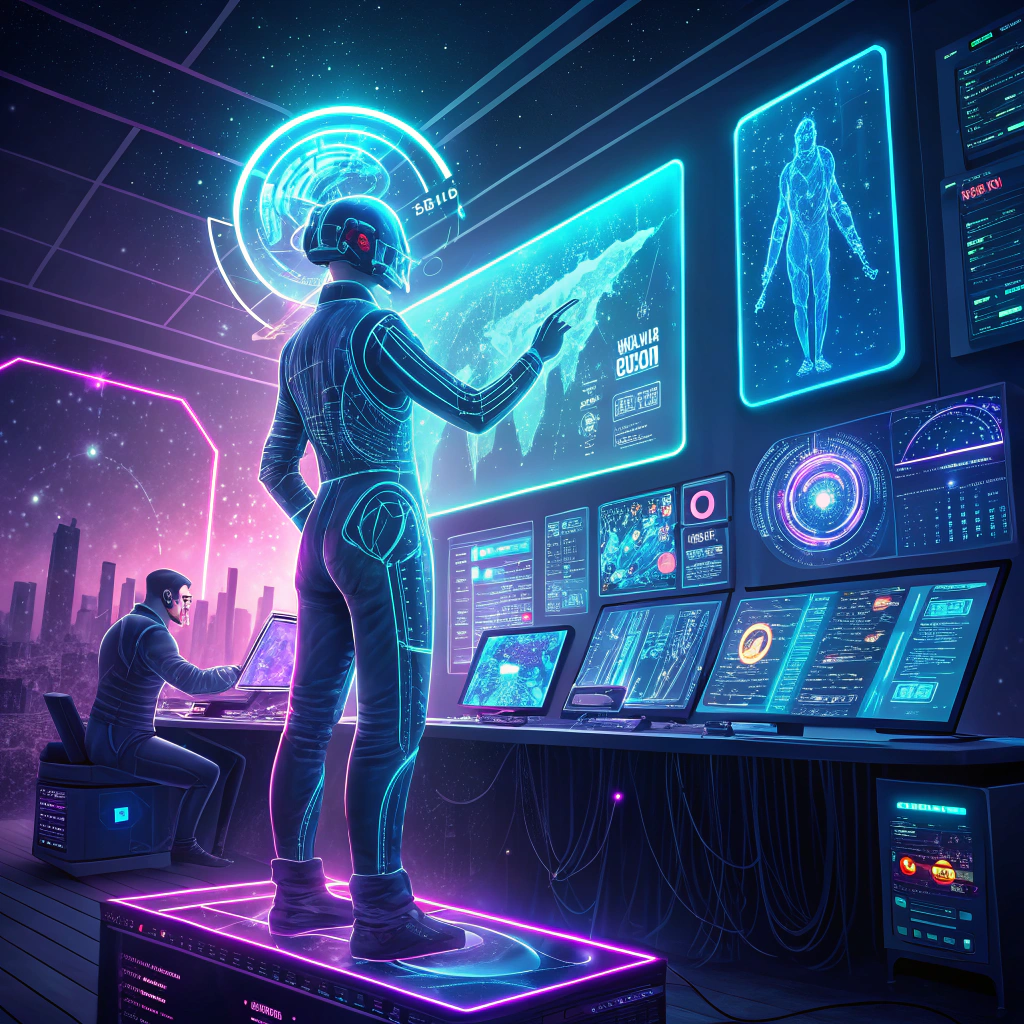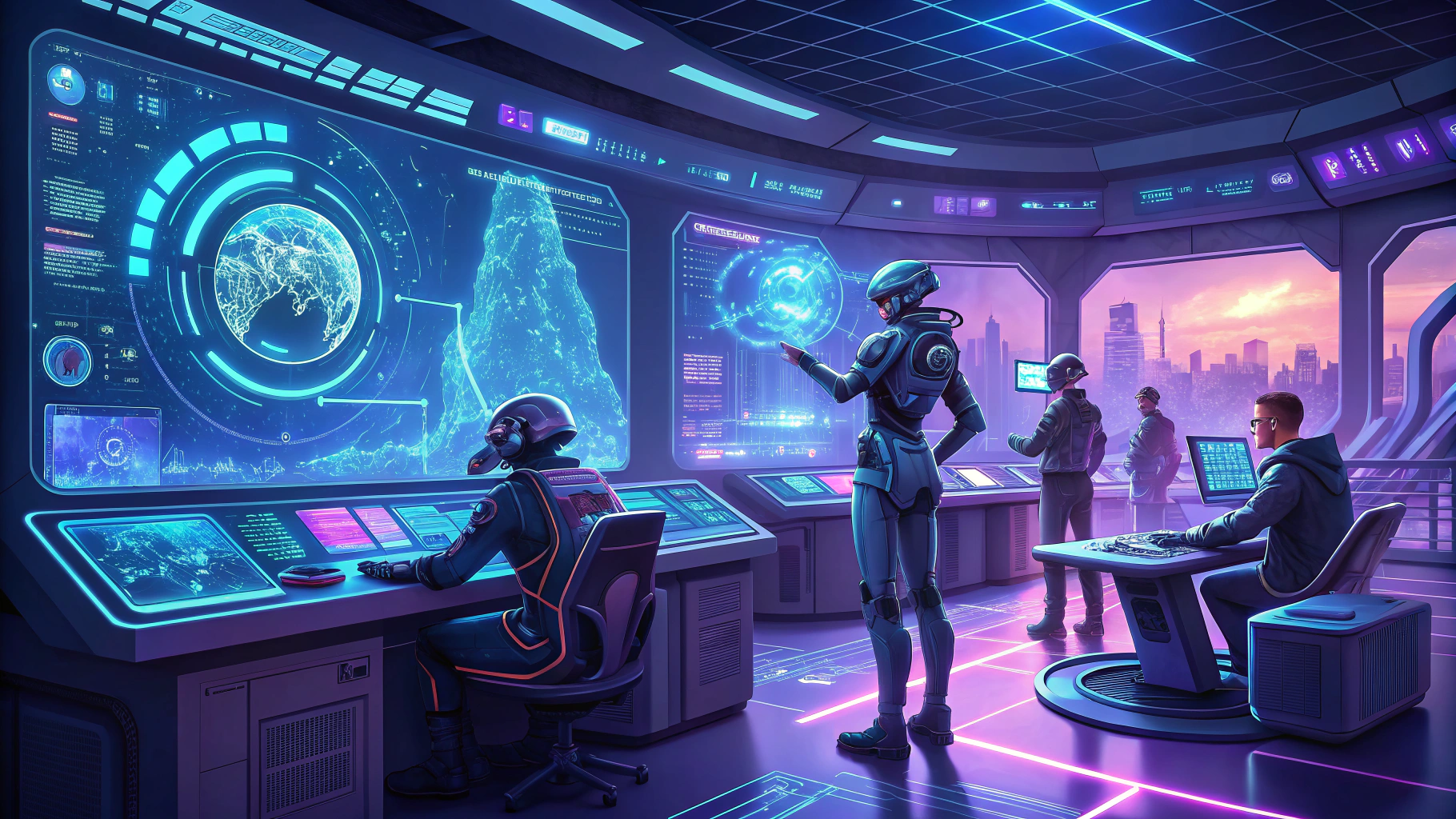AI Agents: Revolutionizing the Digital Landscape - Agent

AI Agents: Revolutionizing the Digital Landscape
AI agents are at the forefront of digital transformation, harnessing the power of automation, efficiency, and intelligent decision-making. They are pivotal in sectors such as customer service, healthcare, finance, and more, driving unprecedented growth and innovation. In this article, we explore the concept of agents, their application, and future prospects.
The Comprehensive Guide to Agents: Understanding, Applications, and Future Prospects
In the rapidly evolving world of technology, the term "agent" has gained significant traction. From artificial intelligence and software development to everyday business operations, agents play a crucial role in enhancing efficiency, improving decision-making, and driving innovation. This guide delves into the concept of agents, exploring their applications, benefits, challenges, and the future landscape.
What is an Agent?
An agent refers to an entity capable of perceiving its environment through sensors and acting upon that environment using actuators. Agents can range from simple devices like thermostats to complex autonomous vehicles. They operate using algorithms or rules designed to achieve specific goals.
Types of Agents
- Reactive Agents: Respond to environmental changes in real-time without maintaining an internal state.
- Deliberative Agents: Maintain an internal model of the world and plan actions by considering future states.
- Collaborative Agents: Work with humans or other agents to achieve common goals.
- Multi-agent Systems: Combine multiple interacting agents to solve complex problems via distributed tasks.
Applications of Agents
- Artificial Intelligence and Machine Learning: Enabling personalized recommendations and automating customer service.
- Robotics: Controlling robots in assembly lines, exploration, or domestic tasks.
- Business Process Automation: Streamlining routine tasks and optimizing resource allocation.
- Healthcare: Assisting in patient monitoring, diagnostics, and treatment planning.
- Finance and Trading: Analyzing market data, executing trades, and managing risk.
Benefits of Using Agents
- Efficiency and Productivity: Automate repetitive tasks to free up human resources.
- Enhanced Decision-Making: Process large volumes of data to identify trends and insights quickly.
- Scalability: Seamlessly manage increasing workloads without compromising performance.
- 24/7 Operation: Ensure continuous operation without fatigue, unlike human workers.
Challenges and Considerations
- Security and Privacy: Ensure robust safeguards for sensitive data handled by agents.
- Ethical Concerns: Address issues of accountability and transparency in decision-making.
- Complexity and Maintenance: Overcome challenges in designing, implementing, and sustaining agent systems.
- Dependence and Redundancy: Build fail-safes to mitigate risks from system failures or malfunctions.
The Future of Agents
The future is promising for agents, with rapid advancements in artificial intelligence and machine learning. Emerging trends include integration with the Internet of Things (IoT), development of fully autonomous systems, and enhanced human-agent collaboration. Emphasis on ethical AI frameworks will ensure safe and responsible deployment.
In-Content Images from Perplexity Sources
By leveraging the insights and sources provided by Perplexity, this article compiles a comprehensive look at agents, showcasing their dynamic role in the modern world of technology and business.



